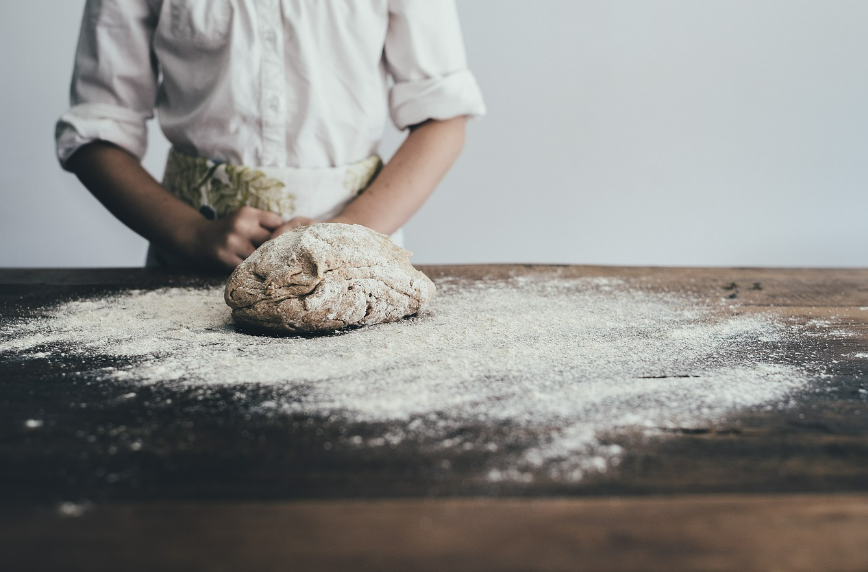Max66, Arsgroup777, ARS Group Exchange: Achieving flaky and buttery pastries requires mastering certain techniques that are essential for success in the world of baking. One fundamental technique is properly chilling the dough before baking, as it allows the fat in the pastry to solidify, resulting in a more tender and delicate final product. Additionally, mastering the art of rolling out dough to an even thickness is crucial to ensure consistent baking and uniform texture throughout the pastry.
Another key technique to master is the method of blind baking, which involves pre-baking the pastry crust before adding the filling. This technique is especially important for custard or fruit-filled pies to prevent a soggy bottom crust. By blind baking the crust, you can achieve a crisp and flaky base that perfectly complements the filling.
• Properly chilling the dough before baking allows the fat to solidify for a tender pastry
• Mastering the art of rolling out dough evenly ensures consistent baking results
• Blind baking is essential for custard or fruit-filled pies to prevent a soggy bottom crust
• Pre-baking the crust results in a crisp and flaky base that complements the filling
When it comes to baking, understanding the science behind it can greatly enhance your skills in the kitchen. One of the key scientific principles at play is the role of leavening agents. Leavening agents such as yeast, baking powder, and baking soda work to create gas bubbles within the batter or dough, causing it to rise and become light and airy during baking.
Temperature also plays a crucial role in the baking process. The heat from the oven triggers chemical reactions in the ingredients, leading to browning, caramelization, and the transformation of the batter into a finished product. By understanding how temperature affects the baking process, you can better control the outcome of your baked goods and achieve the desired texture and flavor.
Exploring Different Types of Flour and Their Uses
Ars247, Wazeerexch, Peachexch: When it comes to baking, the type of flour you use can greatly affect the outcome of your baked goods. All-purpose flour is a versatile option that works well for a variety of recipes, from cakes to cookies. It has a moderate protein content, making it a good choice for most baking applications.
On the other hand, bread flour has a higher protein content than all-purpose flour, which gives it the ability to create a strong gluten structure. This makes it ideal for yeast breads and other baked goods that require a chewy texture. Experimenting with different types of flour can help you understand how each one can contribute to the texture and flavor of your baked goods.
What are the different types of flour commonly used in baking?
Some common types of flour used in baking include all-purpose flour, bread flour, cake flour, whole wheat flour, and gluten-free flour blends.
How does the type of flour affect the texture of baked goods?
The protein content in flour affects the structure and texture of baked goods. Higher protein flours like bread flour create chewy textures, while lower protein flours like cake flour result in tender textures.
Can I substitute one type of flour for another in a recipe?
It is possible to substitute one type of flour for another, but it may affect the texture and taste of the final product. It’s best to follow the recipe’s instructions for optimal results.
How should I store different types of flour?
Flour should be stored in a cool, dry place in a sealed container to prevent moisture and pests. Whole wheat flour has a shorter shelf life and should be stored in the refrigerator or freezer.
Are there gluten-free alternatives to traditional flours?
Yes, there are many gluten-free flour blends available, such as almond flour, coconut flour, and rice flour. These can be used in place of traditional flours for those with gluten sensitivities.

